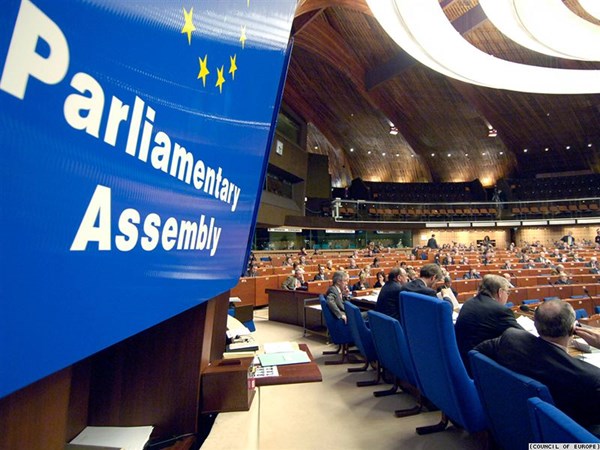PACE calls for amendments to Ukrainian law 'On Education'
Following an emergency debate, the Parliamentary Assembly of the Council of Europe (PACE) has voted in favor a resolution containing recommendations for Ukraine, reported Evropeyskaya Pravda.
82 deputies voted for the adoption of the document as amended; 11 voted against, while 17 abstained.
The decision passed by PACE quite strongly condemns the fact that the Verkhovna Rada of Ukraine adopted the law on education by changing Article 7 (on the language of education) without consulting with representatives of national minorities. The Assembly also asked Ukraine to take into account all recommendations of the Venice Commission without exception, as well as to make appropriate changes to the law on education. Meanwhile PACE (contrary to the position of the Speaker, Estonian Andreas Herkel) has stated that there are currently "a number of legal issues in the law" to be addressed before the adoption of the "Venice" conclusion.
Most of the proposals by the Romanian and Hungarian deputies were accepted as a result of the debate.
In particular, Hungarians and Romanians opposed the idea of "mixed instruction", in which 60% of subjects matter instruction would be in Ukrainian, and 40% in the minority language. They also removed all references in the document that stated that training "exclusively in the minority language" (without teaching part of the subjects in the state language) causes harm to the children themselves due to reduced competitiveness in the labor market and complications upon entering higher education institutions.
A Hungarian amendment, which would have deleted references to the right of Ukraine to defend the state language and to claims that the language is unified by the state, was rejected by just a few votes (39 votes "against", 42 "for").
A proposal by parliamentarians from Romania and Hungary, which sought to omit mentions in the document of the lack of exclusively Ukrainian state schools (or those with instruction only in languages of other minorities) in their states, also failed by a slight margin (37 to 40 votes).
